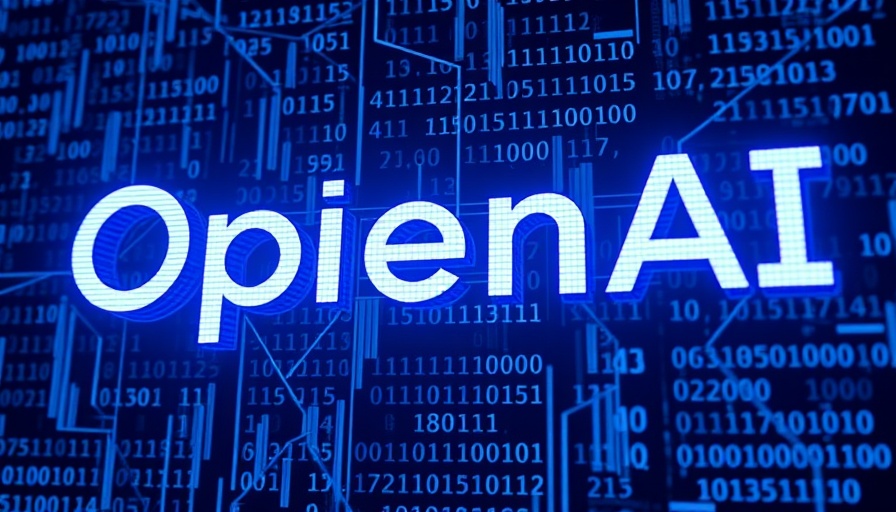
Revolutionizing Dementia Diagnosis with AI
As the population ages, the prevalence of dementia continues to rise, bringing significant challenges for healthcare professionals. A new artificial intelligence (AI) tool is providing a glimmer of hope by enabling clinicians to identify distinct brain activity patterns linked to nine different types of dementia. This innovative technology is not just a tool; it is a paradigm shift in how we approach the diagnosis of neurodegenerative diseases.
A Closer Look at the Technology
The AI tool leverages advanced machine learning algorithms that analyze brain activity data collected through electroencephalography (EEG). By evaluating these patterns, the system can accurately differentiate between various types of dementia, including Alzheimer’s disease, frontotemporal dementia, and others. This significant stride aids in more precise diagnostics and, consequently, more tailored treatment plans, which can enhance the quality of life for patients.
Why This Matters to Patients and Families
For many families, a dementia diagnosis can feel overwhelming and often leads to confusion about the best path forward. The ability to distinguish between the types of dementia not only helps in understanding the condition but also plays a key role in alleviating the burden of uncertainty. As explained by neurology experts, knowing exactly what type of dementia a loved one is facing can empower families to make informed decisions about care strategies and future planning.
Current Trends in AI and Healthcare
The integration of AI in healthcare is on the rise, revolutionizing practices beyond dementia diagnosis. From predictive analytics to personalized medicine, AI's influence is expanding rapidly. As healthcare providers seek innovative solutions to complex problems like dementia, technology offers fresh perspectives and methodologies that have the potential to redefine patient care.
Challenges and Considerations
While the advancement in technology is promising, it is essential to approach this evolution with caution. There are concerns about data privacy, the ethical implications of using AI in healthcare, and ensuring equitable access. As healthcare systems adapt to incorporate these technologies, they must also prioritize safeguarding patient information and reducing disparities in healthcare access.
Future Predictions: Where Are We Heading?
Looking ahead, the potential for AI in diagnosing dementia appears boundless. Trials and research are underway to refine the tool's accuracy and expand its application into other neurodegenerative diseases. However, continual collaboration between technologists, researchers, and healthcare providers is crucial. These partnerships can drive advancements and help ensure practical implementations benefit real patients.
The emergence of tools such as this AI model signals a pivotal moment in dementia care. As this technology advances, it's paramount for stakeholders to focus on ethical practices and patient-centric approaches to maximize the benefits.
For those who are navigating the complexities of dementia, understanding and leveraging emerging technologies can foster hope and clarity. As we witness the advancements in AI-driven diagnostics unfold, it's an exciting time for innovation in healthcare, where technology is coupled with compassion and care.
 Add Row
Add Row  Add
Add 




 Add Row
Add Row  Add
Add 
Write A Comment